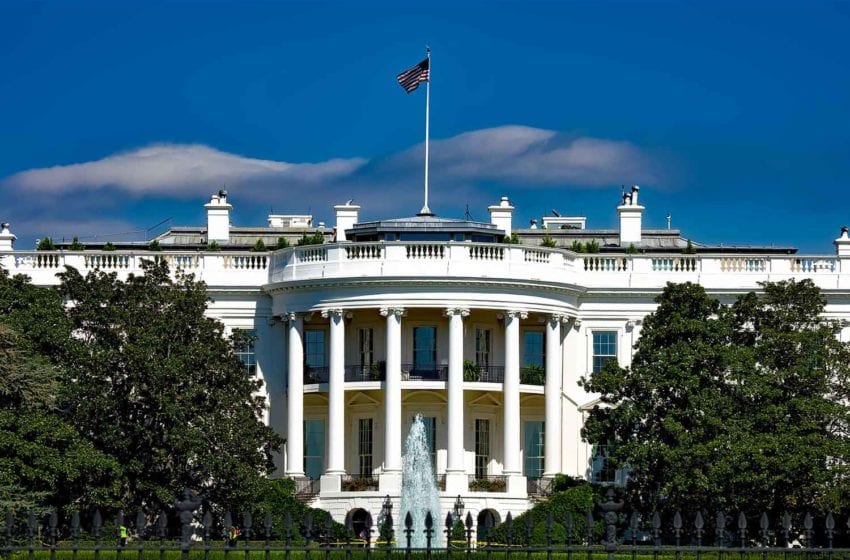May 30, 2012—A treasury report has admitted that smoking saves the New Zealand government money because smokers die earlier and pay more in tobacco tax than their health problems cost, according to a story in the Otago Daily Times relayed by Tobacco China Online.
The regulatory impact statement on tobacco taxes prepared ahead of the budget said smokers’ shorter life expectancies reduced the need for superannuation and aged care.
‘When the broader fiscal impacts of smoking are considered … smokers are probably already “paying their way” in narrowly fiscal terms,’ the report stated.’
In last week’s budget, associate health minister, Tariana Turia, introduced tobacco levies that will increase the price of a 20-pack of cigarettes to more than $20 in four years.
The new taxes are estimated to increase the government’s tax take from tobacco from $1.3 billion to around $1.7 billion by 2016.
A University of Otago study in 2007 estimated that the direct cost of smoking to the ministry of health was $300 million to $350 million.
The treasury cited a ministry of health study that estimated the indirect health costs of smoking at $1.9 billion, but acknowledged the figure had been disputed and was far higher than previous estimates.
The regulatory impact statement said taxing smokers was a much more reliable way of generating income for the government than was taxing other goods and services.
It said tobacco taxes were ‘very efficient’ for raising revenue because the addictive nature of nicotine meant smokers were not highly sensitive to price increases.











